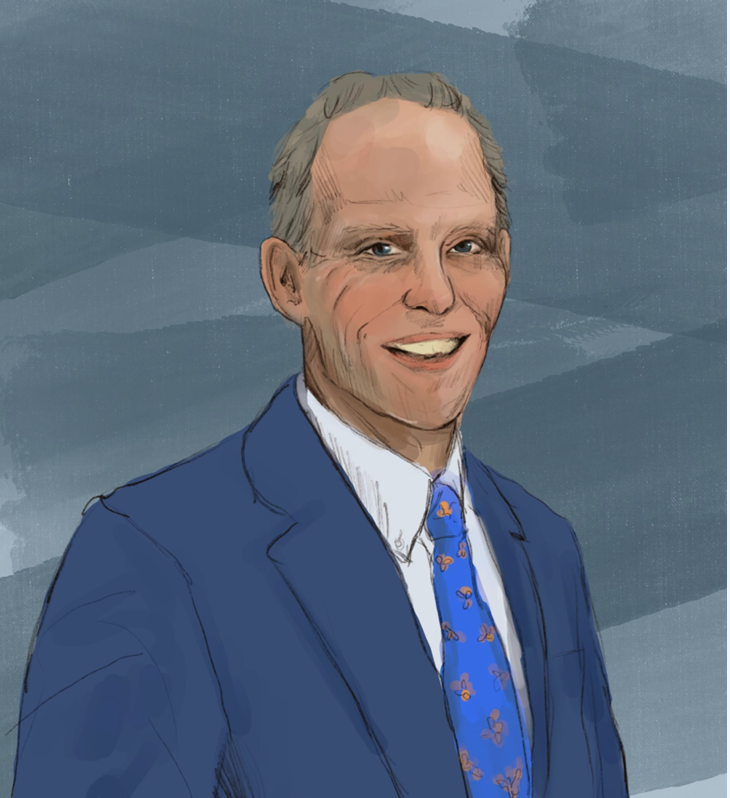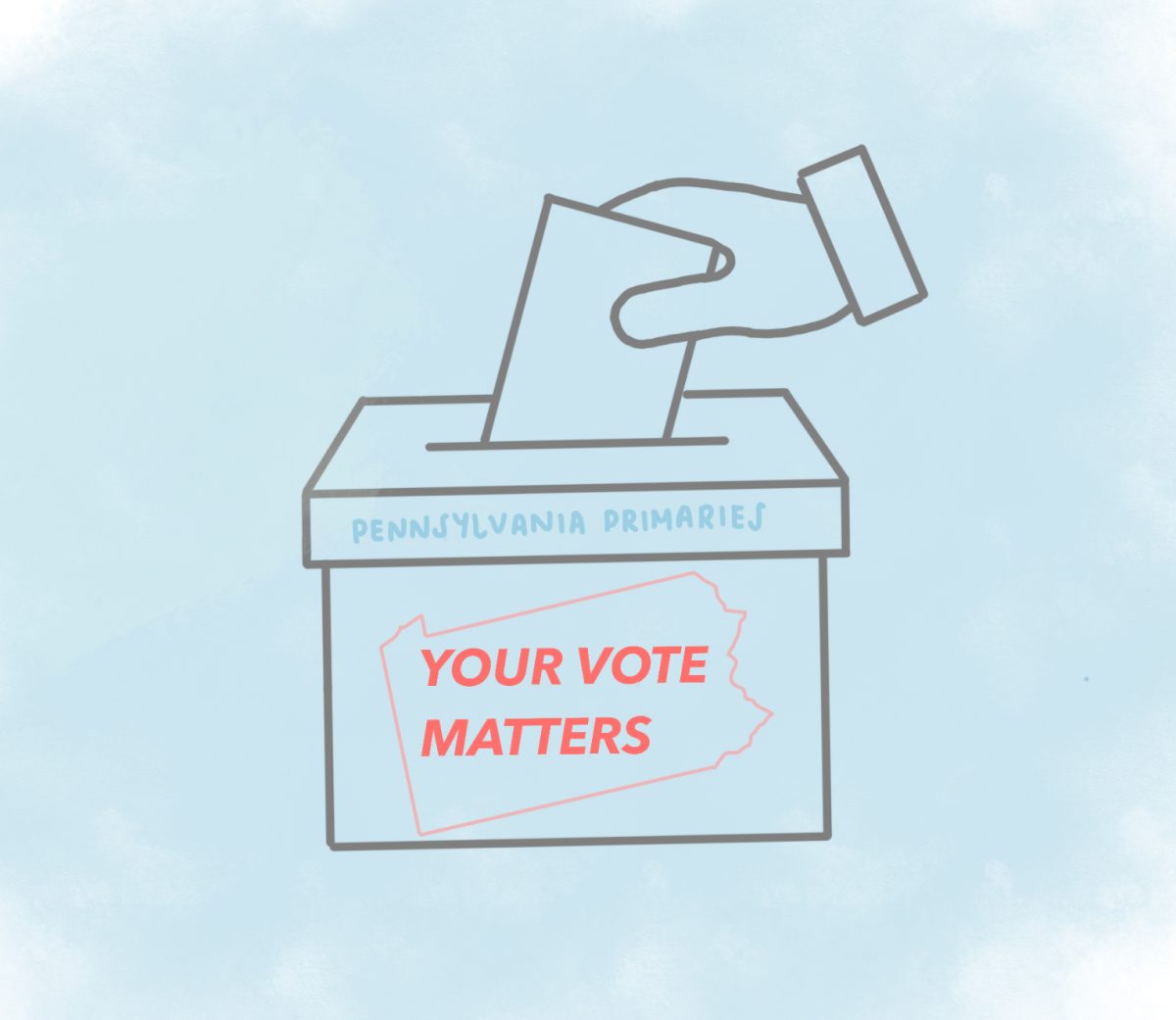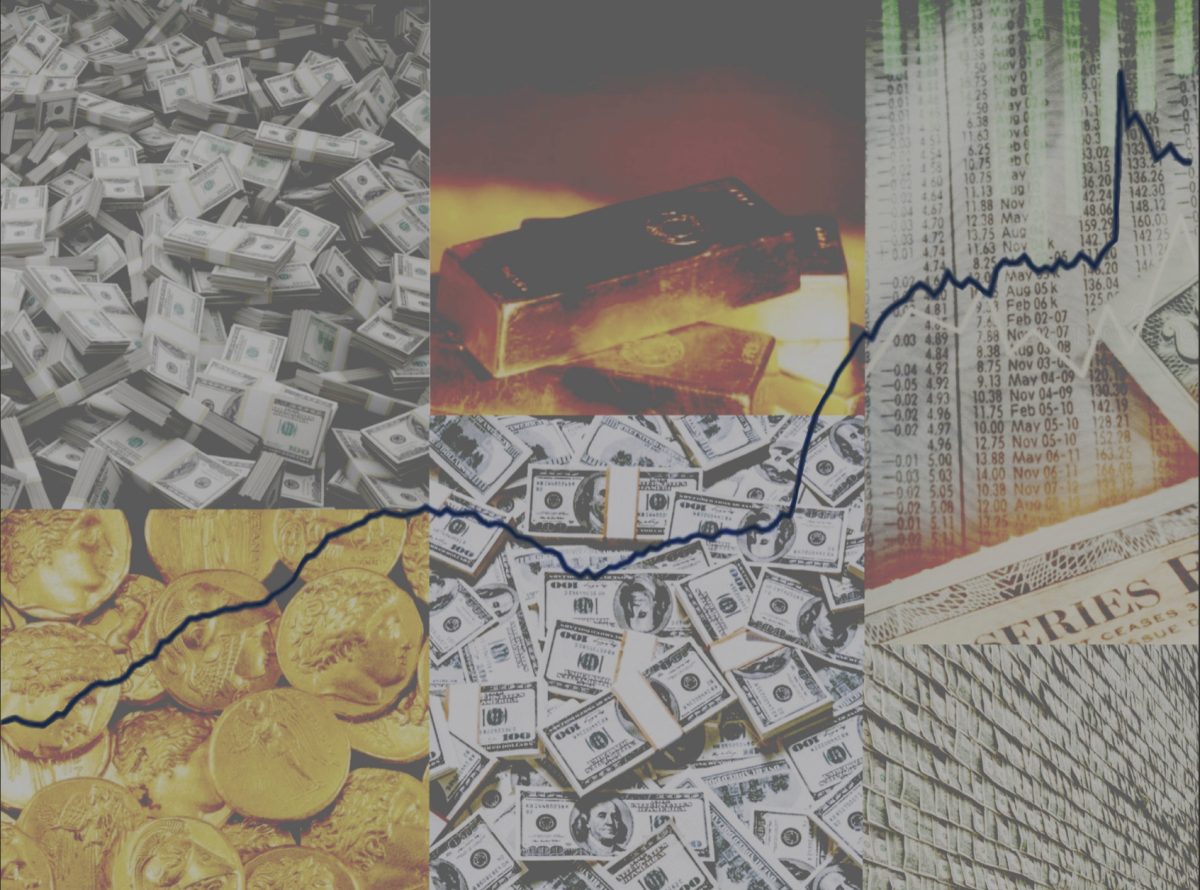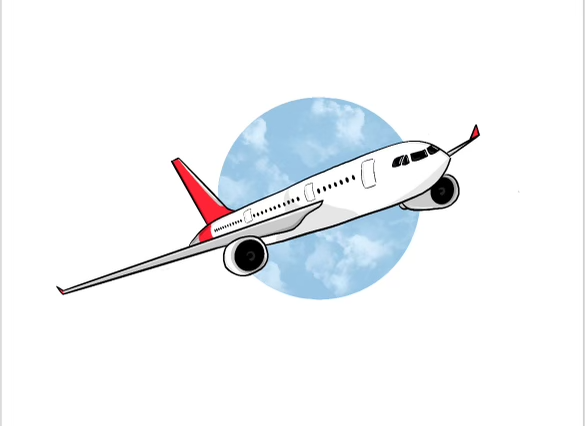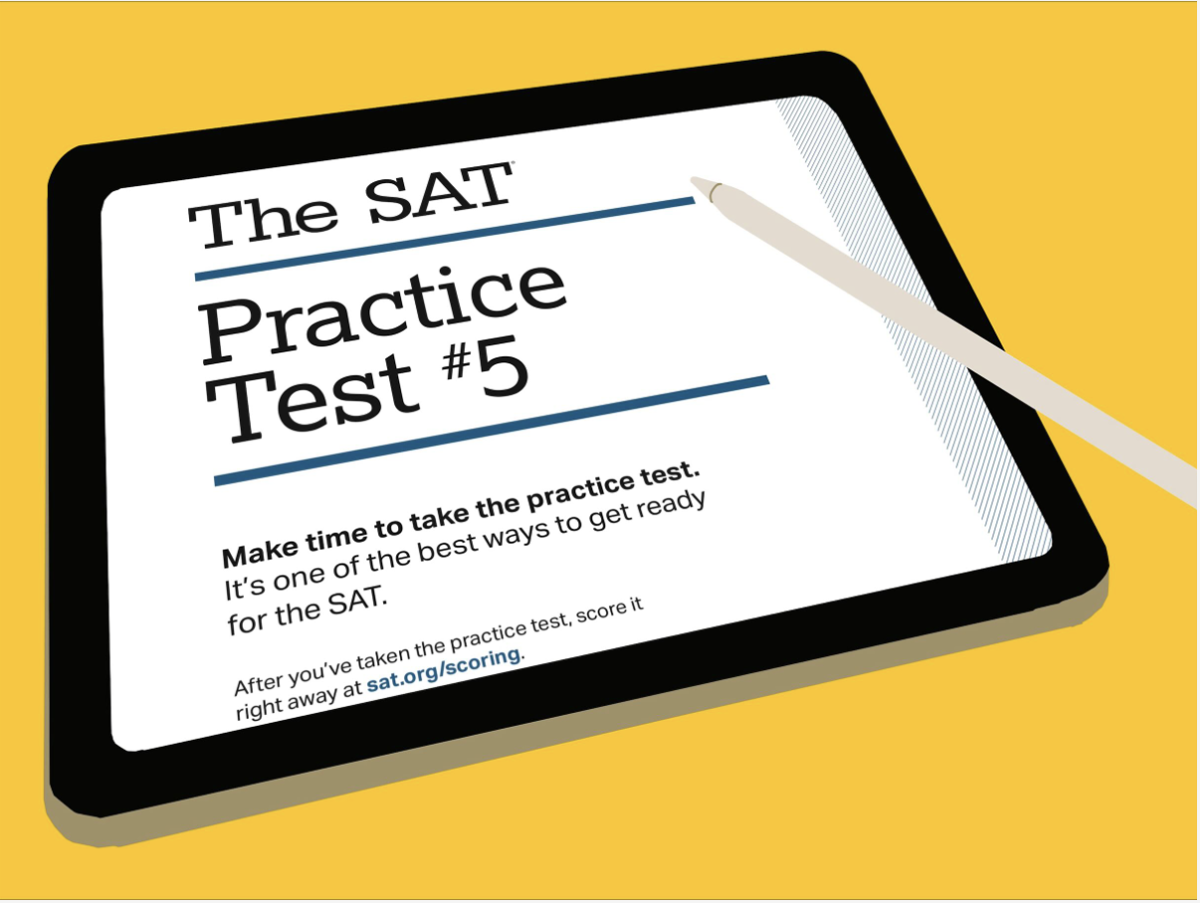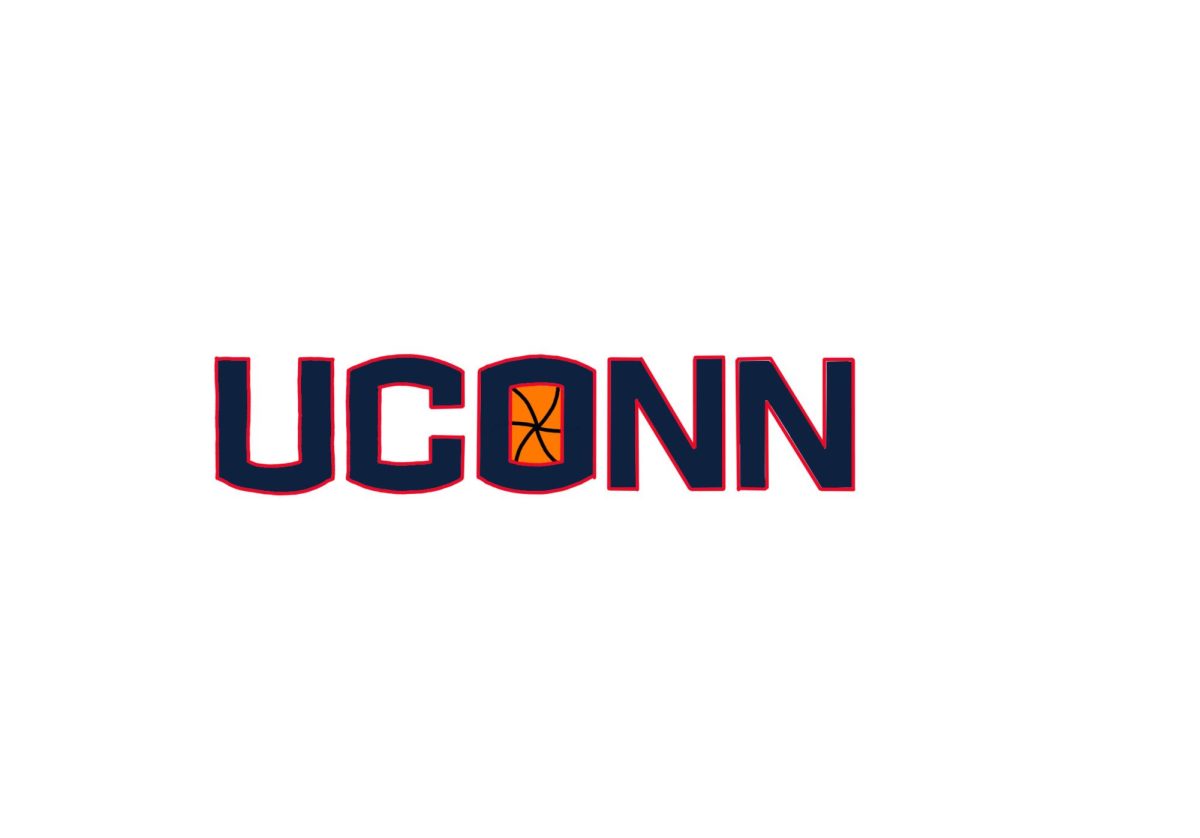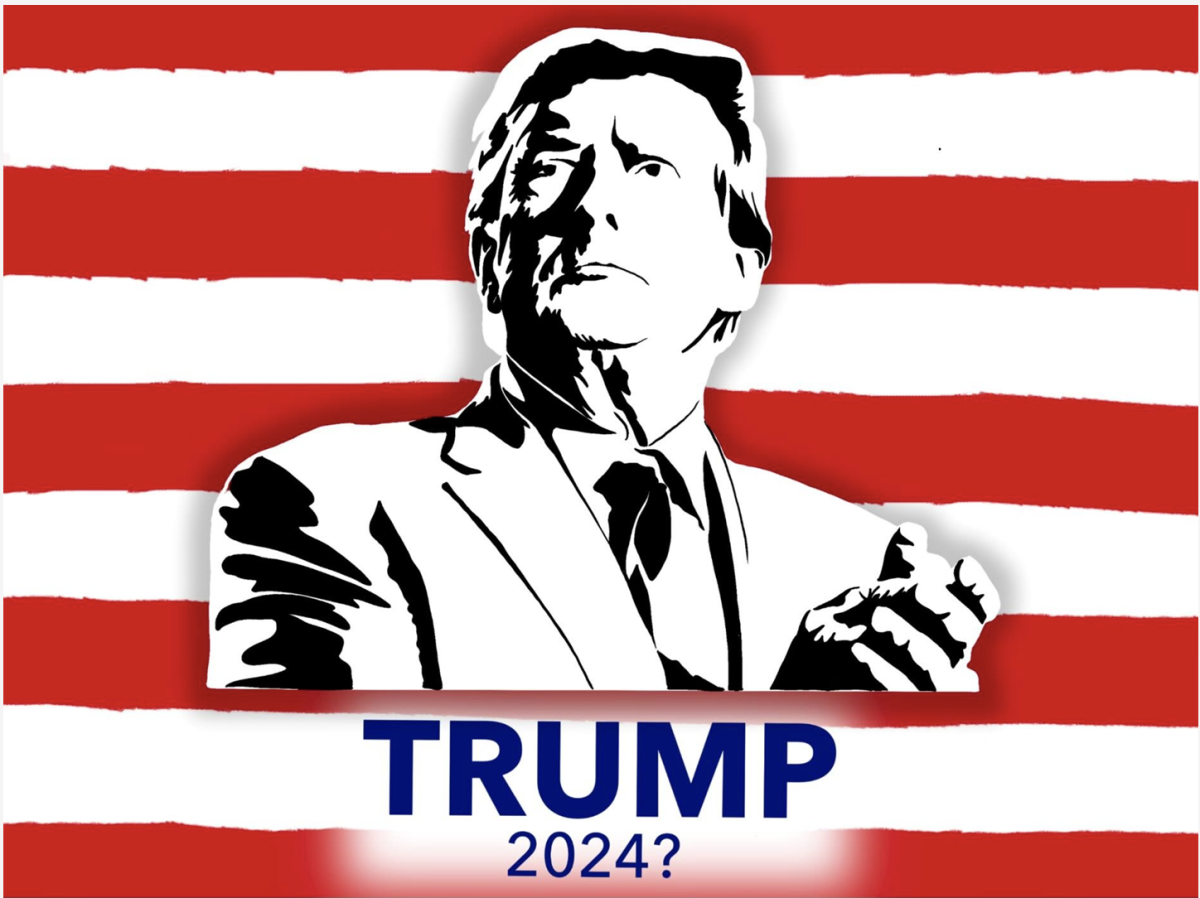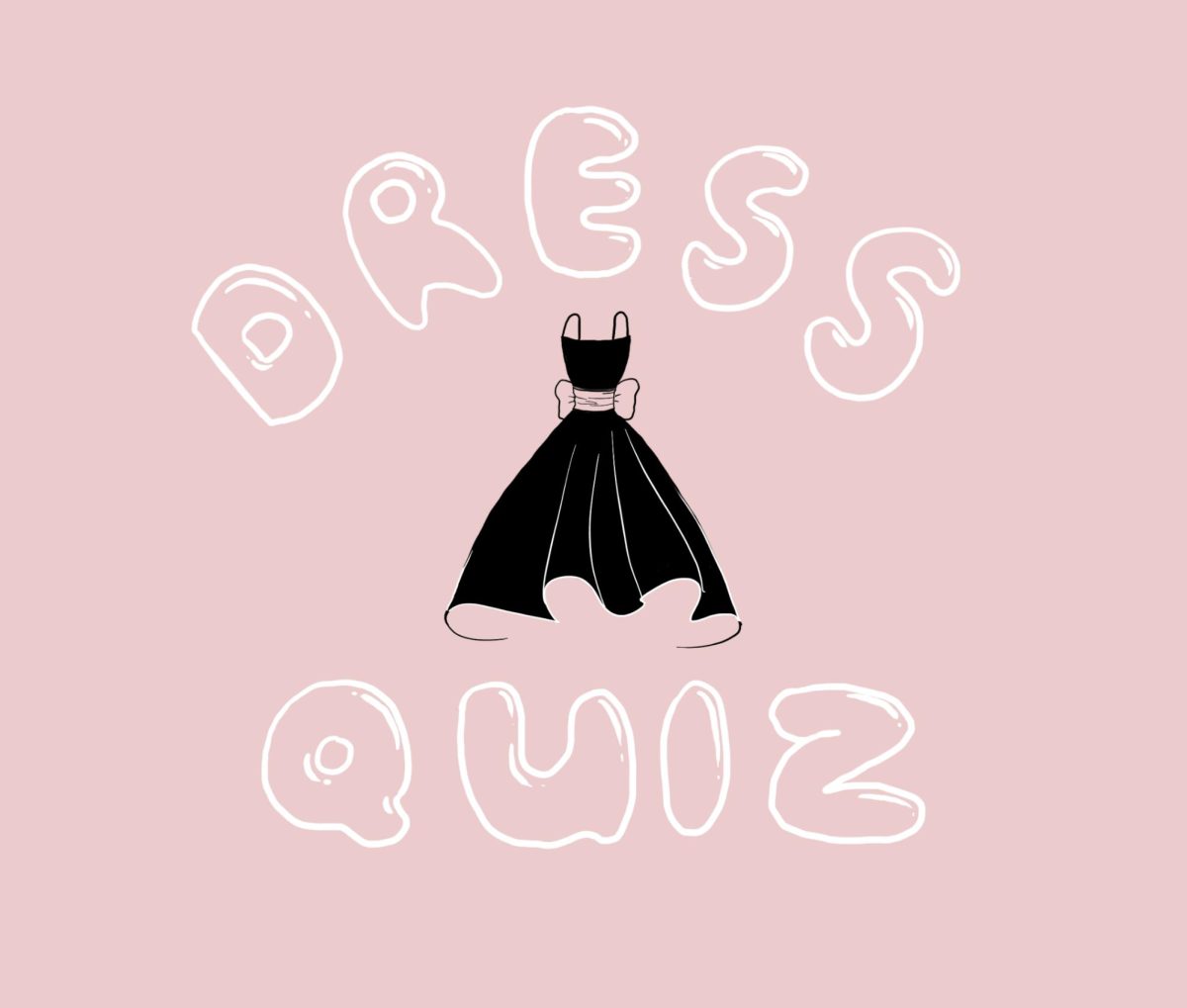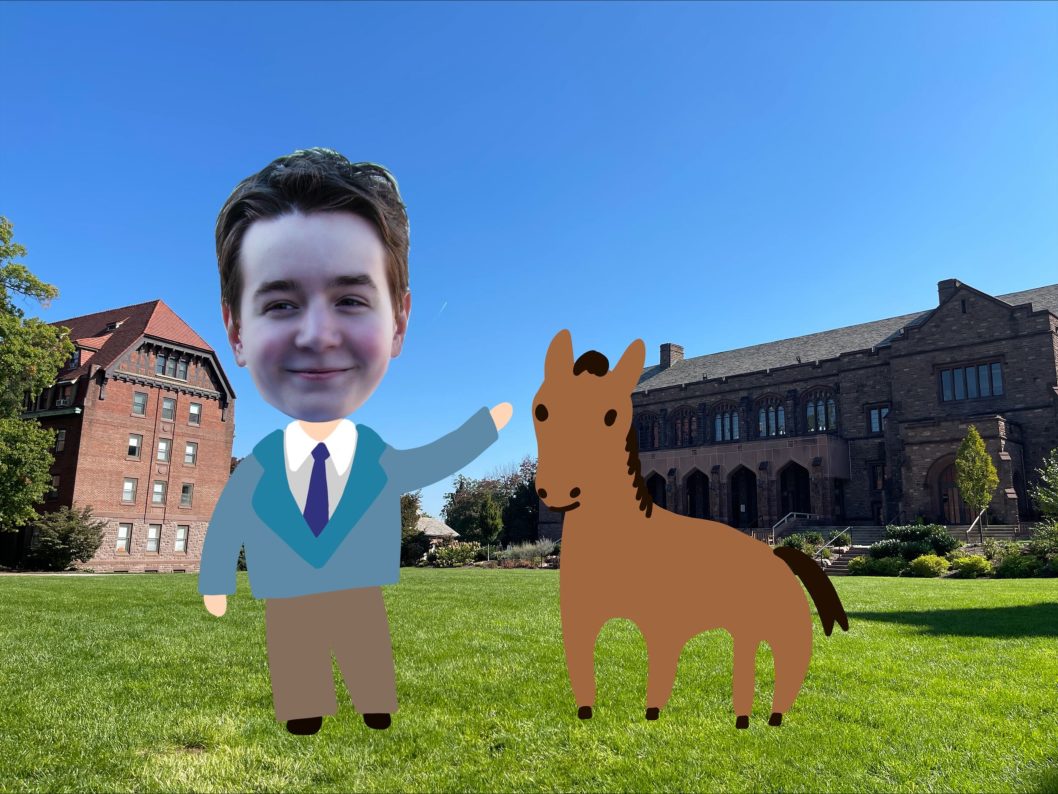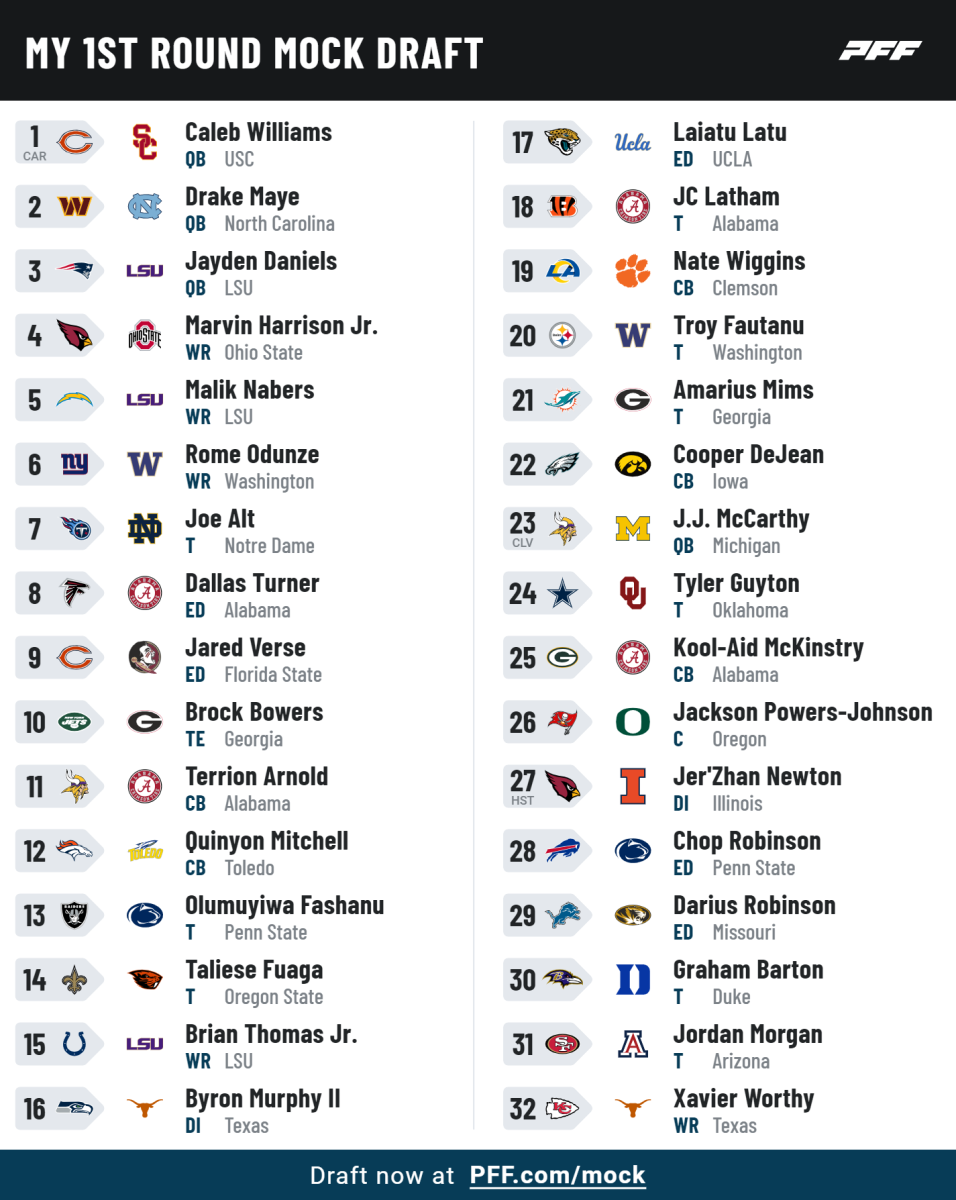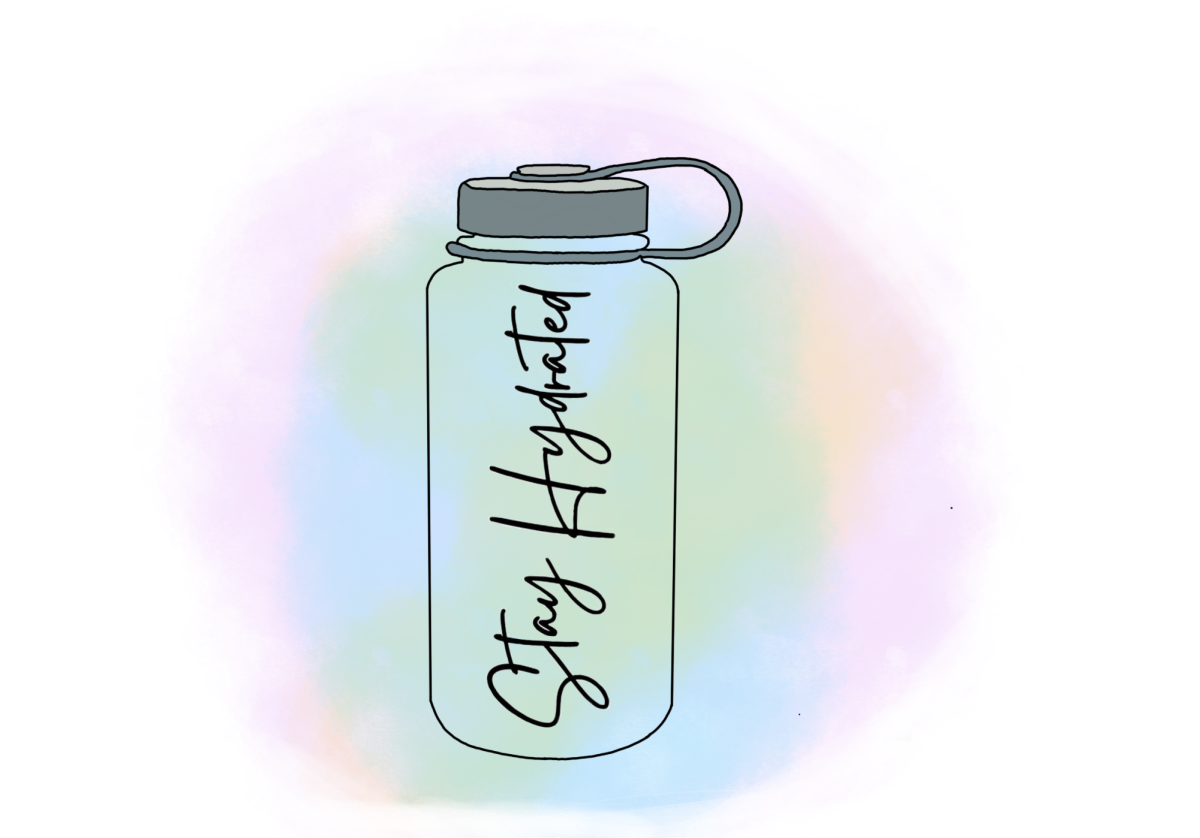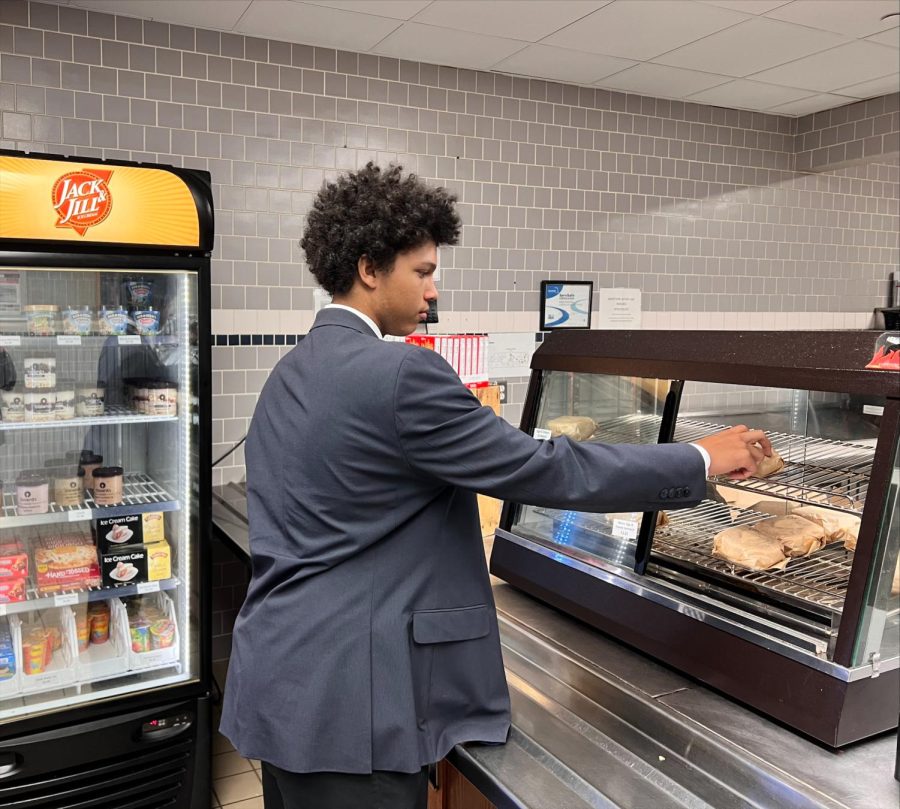Inflation hits the Grille
Media: PHOTO BY ERICK SUN '24
Collin Mattis ’24 purchases a sandwich from the Grille.
An updated menu and expanded drink variety isn’t the only new thing about the Grille, as our campus’s beloved hot spot has seen a spike in prices over the summer.
Recently, students have noticed a dramatic increase in Grille prices, as a once $5.49 Ben and Jerry’s pint of ice cream is now $7.29.
“I’ve run through my allowance faster than ever before,” Gia Mancy ’23 said. “Now I am hesitant and don’t buy as much food for people, which for me, I hate because that was something simple and nice I could do.”
“I am one of the fortunate students at Hill whose parents add money to my grille card when I ask. Some of my friends don’t have that luxury,” Mancy continued. While acknowledging her position of privilege, Mancy’s comment opens up issues regarding students who lack the financial resources to make Grille purchases with its new pricing.
Meredith Marks ’24 discussed how she would often frequent the Grille last school year, however, doesn’t go as much due to the increased pricing. “I don’t want to be spending a lot of money on food.” She said, “It’s just too much money to justify going.”
Grille employees, however, underscored how price increases reflect larger economic trends. “When COVID happened, the prices of everything went up.” Grille employee Felicia London said. Her sister, Alexis London, a fellow Grille employee, agreed and highlighted how “the pandemic definitely changed everything.”
The Londons explained pricing is based off suggested prices from the vendor, and another dollar is added at times for profit. “We have to make some type of money, so it’s a dollar over,” Felicia London said. Vendor prices increased, impacting our Hill campus.
“Prices increasing have to do with the increase of spending during the COVID-19 pandemic,” Bennett Cerullo ’23, a teaching assistant for AP economics, explained. The recent rampant inflation can also be attributed to “the war in Ukraine and the oil crisis.” Cerullo discussed that the price of oil and the cost of transporting goods correlate, ultimately making prices more expensive through the conditions of our economy.
So, much of this price increase has nothing to do with hill administration and staff, but rather it is an example of our post-pandemic reality and the harm it has caused to all aspects of our economy and society.


